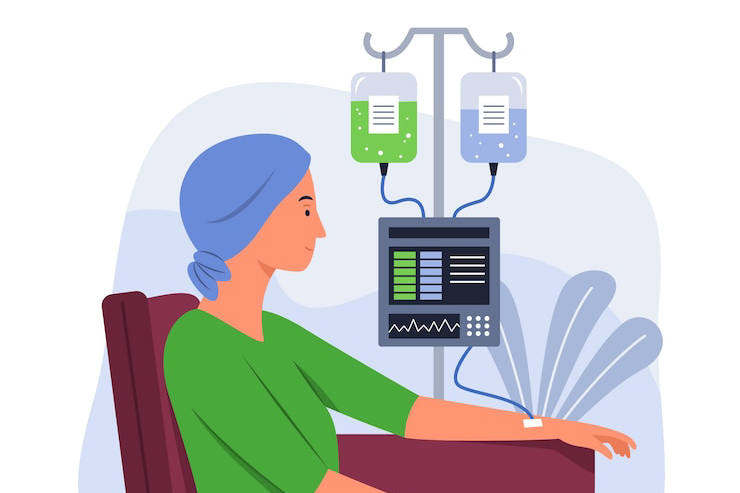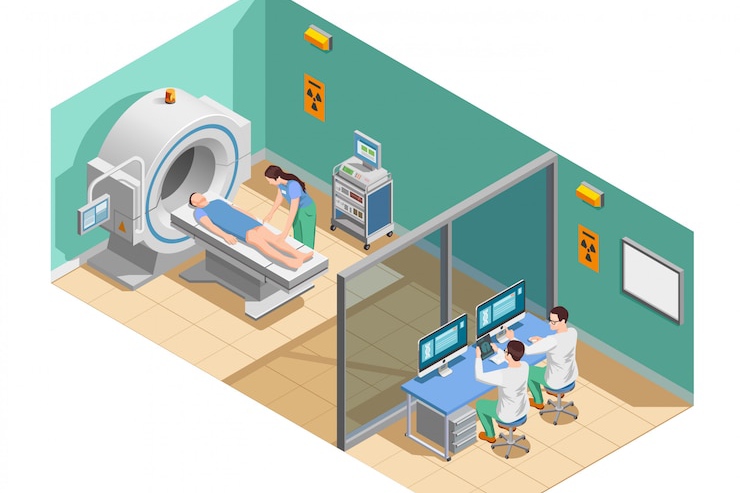
The Role of Medicine in ICU: Innovations in Critical Care for Patients
When a patient is critically ill or injured, the Intensive Care Unit (ICU) is often their last line of defense. The ICU is a specialized area in hospitals designed to provide intensive care and life-saving treatments to patients with severe health conditions. In this environment, medicine plays a crucial role in helping patients recover, stabilizing their conditions, and even saving lives. But what exactly is the role of medicine in the ICU, and how have innovations in critical care transformed the way patients are treated?
The Vital Role of Medicine in the ICU
Medicine in the ICU focuses on providing immediate, intense care to patients who are experiencing life-threatening conditions. These conditions could include severe infections, heart attacks, strokes, trauma from accidents, or complications from surgeries. The goal of ICU care is to stabilize the patient, manage their symptoms, and provide ongoing support as their body fights the illness or injury.
Doctors and nurses in the ICU use a combination of advanced medicine, technology, and monitoring to manage critically ill patients. Some of the key areas where medicine plays a role include:
- Medications:Critical care patients often require a variety of medications, including pain relievers, antibiotics, sedatives, and medications to support blood pressure, heart function, and lung function.
- Ventilators: For patients who have difficulty breathing, ventilators deliver oxygen and help maintain proper respiratory function.
- Nutritional Support: Critically ill patients may not be able to eat or drink, so doctors provide intravenous (IV) nutrition to ensure they receive essential nutrients while they recover.
- Monitoring and Diagnostics: The ICU is filled with monitoring devices that continuously track vital signs like heart rate, blood pressure, and oxygen levels, enabling quick interventions if anything goes wrong.
Innovations in ICU Medicine
In recent years, there have been incredible advancements in ICU medicine that have dramatically improved patient care. These innovations are helping doctors provide more effective treatments, reduce complications, and speed up recovery times for critically ill patients. Some of the most significant innovations include:
- Advanced Imaging Technology: Medical imaging, such as CT scans, MRIs, and ultrasounds, allow doctors to get a detailed view of the patient’s condition, even in real time. This helps with accurate diagnosis and quicker treatment decisions.
- Telemedicine in the ICU: Telemedicine has become an essential tool in the ICU, especially in rural or under-resourced areas. Through remote consultations, ICU specialists can support local doctors in real-time, providing expert guidance on managing complex cases.
- Artificial Intelligence (AI) and Machine Learning: AI and machine learning are now used in the ICU to help predict patient outcomes, optimize treatment plans, and even detect potential complications before they occur. AI systems can analyze large amounts of data from medical records and monitor equipment to provide insights that help doctors make quicker and more accurate decisions.
- Non-Invasive Monitoring: New non-invasive technologies, such as wearable devices, allow doctors to continuously monitor patients’ vital signs without the need for intrusive procedures. This improves patient comfort and reduces the risk of infection.
- Personalized Medicine: Personalized treatments, based on an individual’s genetic makeup, are becoming more common in the ICU. These treatments can target specific conditions or genetic factors, leading to more effective care and better outcomes for patients.
The Future of Medicine in ICU
The future of critical care medicine in the ICU looks promising. With advancements in robotics, genetic testing, and regenerative medicine, doctors will have even more powerful tools to help patients recover from life-threatening conditions. The integration of artificial intelligence and improved data analytics will continue to improve decision-making, allowing for faster and more precise care.
As the role of medicine in the ICU continues to evolve, patients can expect better care, shorter recovery times, and higher chances of survival. The innovations we see today are transforming the ICU into a place where patients not only survive but thrive as they recover from critical illness or injury.
Conclusion
The ICU is a place where medicine plays a vital and life-saving role. From medications and ventilators to cutting-edge technology and personalized treatments, innovations in critical care are continuously improving the way doctors and healthcare professionals treat critically ill patients. Thanks to these advancements, patients in the ICU have a better chance of recovery and a brighter future ahead.



